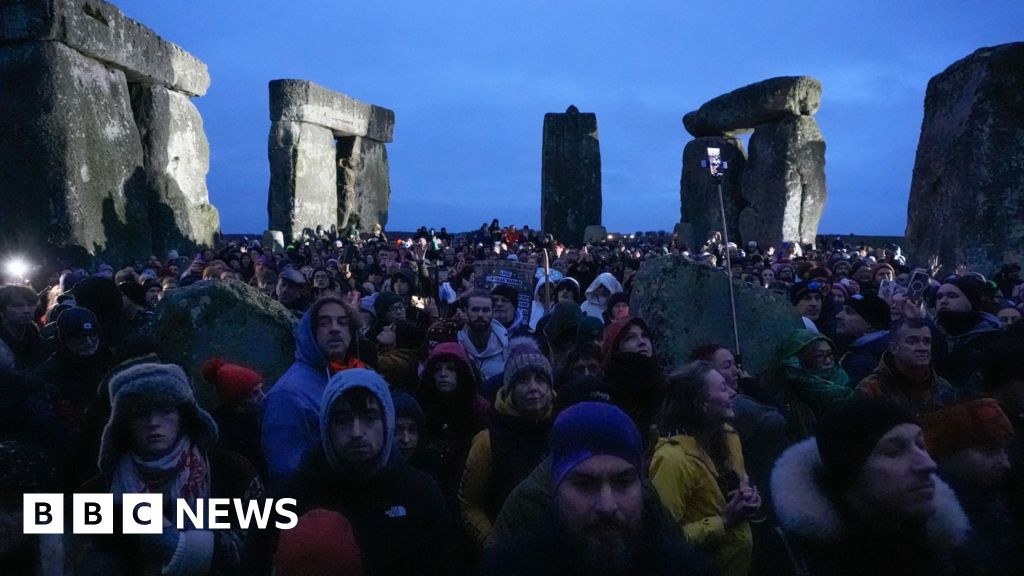Middle East|Walkie-Talkies in Lebanon May Have Held More Explosives Than Pagers, a Times Analysis Finds
https://www.nytimes.com/2024/09/18/world/middleeast/hezbollah-israel-walkie-talkie-explosives.html
The blasts on Wednesday involved bigger, heavier devices that set off more large fires.
The two-way radios that exploded in Lebanon on Wednesday were larger and heavier than the pagers that blew up across the country on Tuesday, and in some cases set off larger fires, according to a New York Times analysis of the available visual evidence.
The devices, seen in photos and a video of the aftermath of Wednesday’s attacks, were nearly three times heavier than the pagers, and while the blasts on Wednesday were not as widespread as the earlier ones, they set off more large fires, suggesting that they might have contained more explosives.
The Lebanese health ministry said that at least 14 people had been killed and more than 450 wounded in Wednesday’s attacks. That added to the toll from Tuesday, when the blasts from pagers killed 12 people and wounded over 2,700 others, according to the ministry.
Image

Fires broke out in at least 71 homes and stores, and at least 18 cars and motorcycles were set ablaze, according to Lebanese Civil Defense, the country’s emergency service.
The Times reviewed three photos and one video to identify the communication devices involved in Wednesday’s attacks as the IC-V82, a two-way radio bearing the brand of the Japanese company Icom. It is unclear where Hezbollah purchased the radios.
In some cases, the back of the device was blown off, indicating the force of the explosions, while in other instances, the front of the device was visibly damaged.
Image
Image
Hezbollah militants have been previously linked to the IC-V82. In 2022, United Against Nuclear Iran, a privately funded group advocating stronger sanctions on Iran, had warned that Hezbollah was using Icom’s devices. And a Hezbollah fighter was photographed in 2022 wearing an Icom two-way radio.
Alexander Cardia contributed video and graphics production.
Christiaan Triebert is a reporter working on the Visual Investigations team, a group that combines traditional reporting with digital sleuthing and analysis of visual evidence to verify and source facts from around the world. More about Christiaan Triebert
Aric Toler is a reporter on the Visual Investigations team at The Times where he uses emerging techniques of discovery to analyze open source information. More about Aric Toler

.png) 3 months ago
156
3 months ago
156











